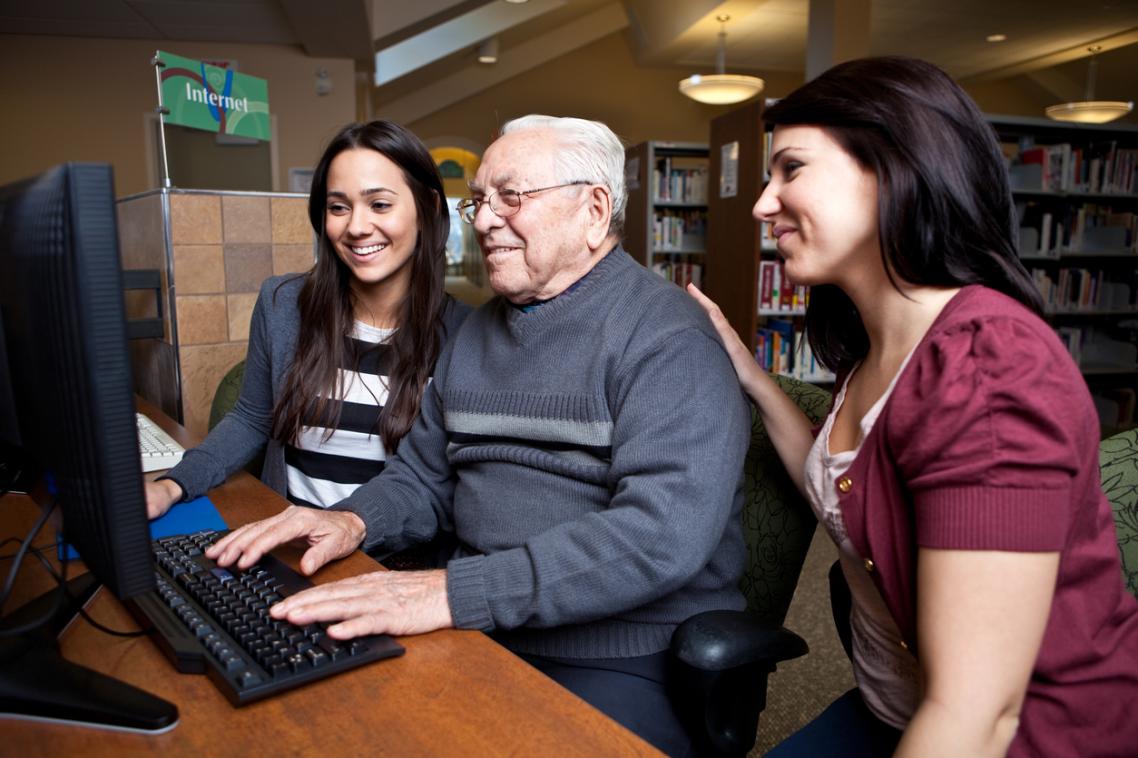Online speech therapy gives brain injury sufferers a voice

An online program delivering targeted treatment to people suffering from speech disorders after brain injury is the focus of a University of Queensland study.
Researchers are seeking people with non-progressive dysarthria as a result of traumatic brain injury or stroke to undergo therapy with qualified speech pathologists via video conferencing.
UQ RECOVER Injury Research Centre researcher Dr Brooke-Mai Whelan said people with speech disorders could be vulnerable to isolation and depression as a result of their reduced ability to communicate.
“Providing online speech treatment within the home will remove access barriers that many people face post-brain injury such as distance from services, difficulty walking, and specialised transport requirements,” Dr Whelan said.
“Once discharged from hospital, therapy options are limited and intensive treatment models are difficult to maintain.
“Technology can change the way we rehabilitate people who have suffered brain injury, even for those with a long-standing injury.”
Dr Whelan said ‘Be Clear Online’ is a UQ-developed intensive speech treatment program, based on a face-to-face therapy trial which demonstrated improved communication for people following acquired brain injury.
“The program involves four one-hour sessions a week, over a four-week period,” she said.
“This is the first time the program has been implemented over the internet and early results are showing that it can be just as effective as when it is delivered in a clinic.”
Dr Whelan said another benefit was that participants were able to more easily include their families and support people, and integrate their treatment into their community engagement activities.
“A current study participant is completing two of his weekly sessions at his local Men’s Shed where he is able to include his mates and lean on them for their support and motivation.”
Researchers are seeking male and female volunteers who are not in active speech therapy, or who can cease current therapy for the duration of the study.
They should be at least six months post-injury, and have access to a computer and internet connection at home.
To register interest, or to find out more information, please contact Dr Brooke-Mai Whelan on 07 3346 4785 or bmw@uq.edu.au.
RECOVER is a joint initiative of the Queensland Motor Accident Insurance Commission and UQ .
Media: Dr Brooke-Mai Whelan, bmw@uq.edu.au, 07 3346 4785; Jo Hickman, UQ Communications, jo.hickman@uq.edu.au, 07 3346 3037.
Topics
Related articles

Should you consent to your doctor using an AI scribe? Here’s what you should know.

How a drone delivering medicine might just save your life
Media contact
UQ Communications
communications@uq.edu.au
+61 429 056 139
